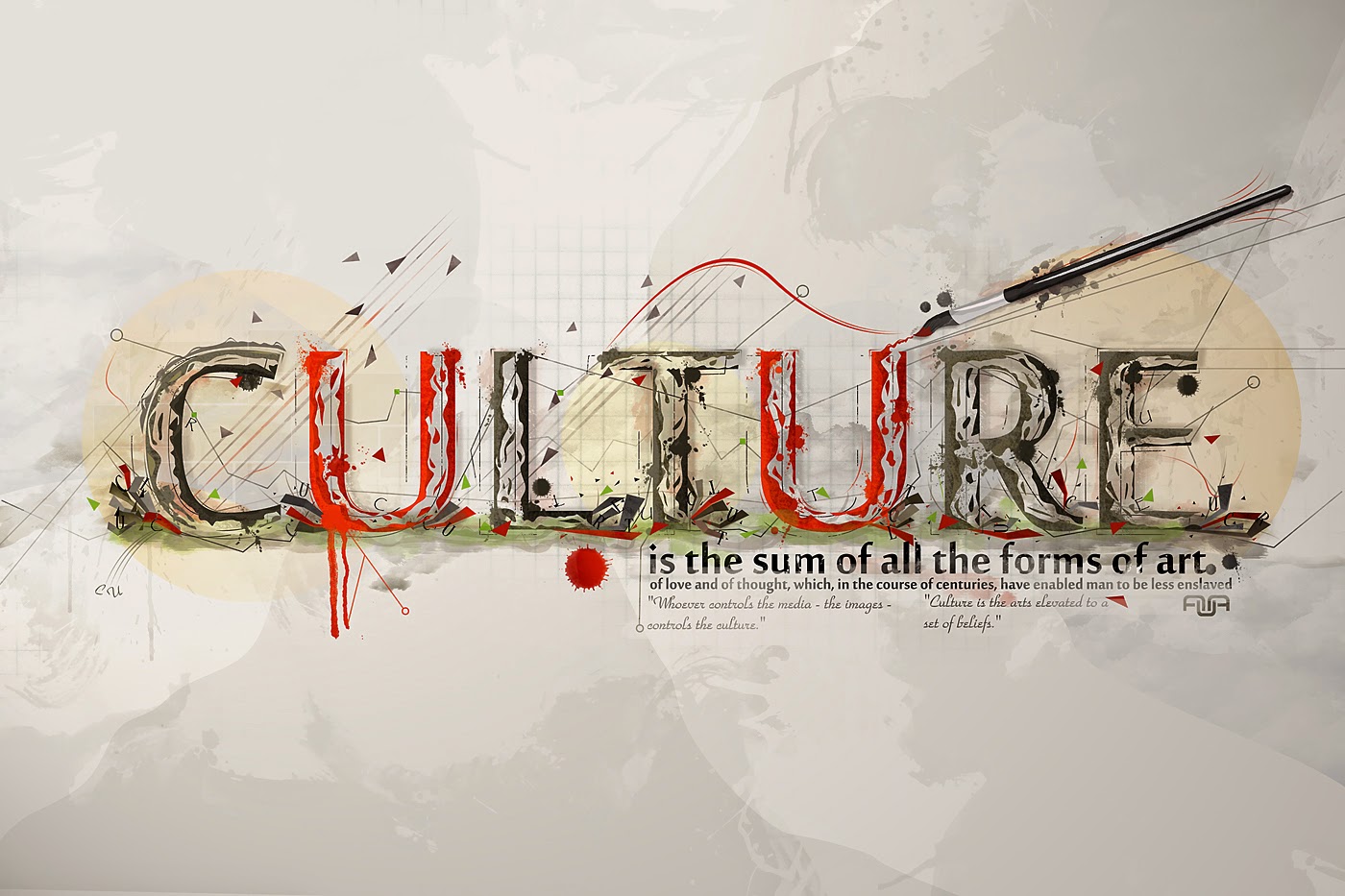Pop Culture Prezi Project
EQ's: What is popular culture & the theory of progressive evolution? How might I, as a writer, use popular culture in my writing? How do you create a Prezi? How do you conduct effective research? Thug Notes: Great Gatsby What is Popular Culture ? Popular culture studies popular culture from a critical theory perspective. It is generally considered a combination of communication studies and cultural studies. Barriers between so-called high and low culture have broken down, which encompasses such diverse media as comic books, television, mass media, and the Internet. The theory of progressive evolution : Capitalist economies create opportunities for every individual to participate in a culture which is fully democratized through mass education, expansion of leisure time and cheap entertainment, media and paperbacks. In this liberal view, popular culture (low culture) does not threaten high culture, but is an authentic expression of the needs of the people.

